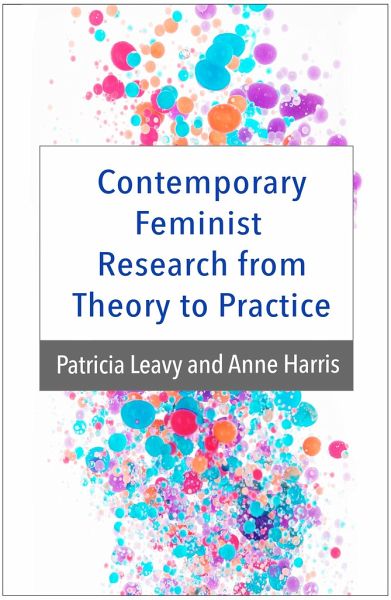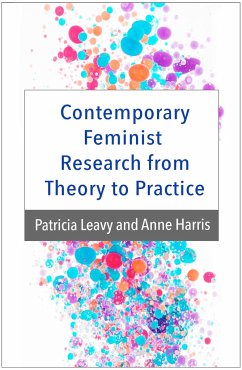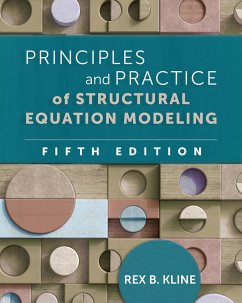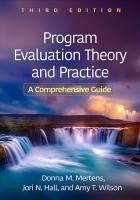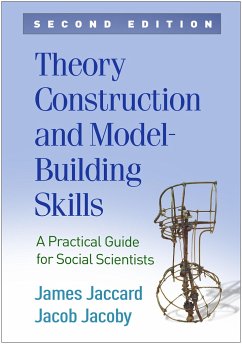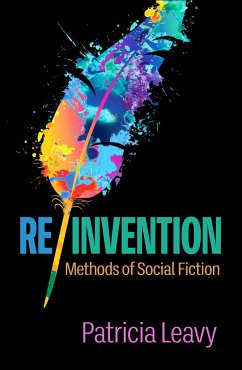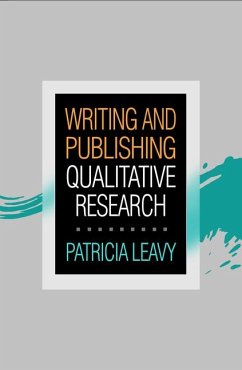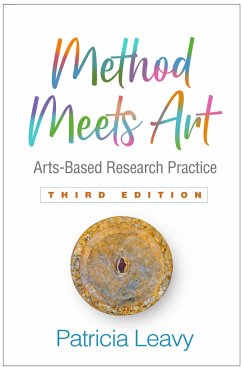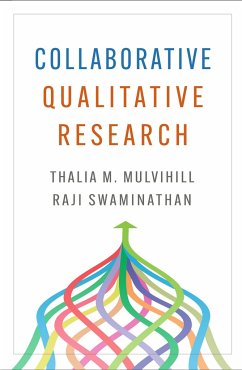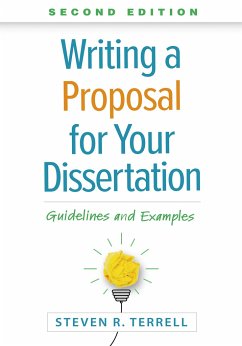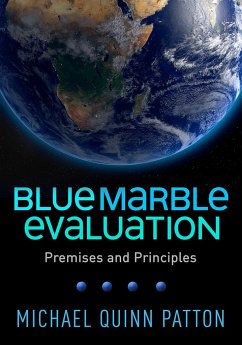Contemporary Feminist Research from Theory to Practice
Versandkostenfrei!
Versandfertig in 2-4 Wochen
Weitere Ausgaben:

PAYBACK Punkte
29 °P sammeln!




Exploring the breadth of contemporary feminist research practices, this engaging text immerses the reader in cutting-edge theories, methods, and practical strategies.
Patricia Leavy, PhD, is an independent sociologist, novelist, and former Chair of Sociology and Criminology and Founding Director of Gender Studies at Stonehill College in Easton, Massachusetts. She is the author, coauthor, or editor of over 35 books, and the creator and editor of 10 book series. Known for her commitment to public scholarship, she is frequently contacted by the U.S. national news media and has blogged for The Huffington Post, The Creativity Post, and We Are the Real Deal. She is also co-founder and co-editor-in-chief of the journal Art/Research International. Dr. Leavy has received numerous awards for her work in the field of research methods, including the Distinguished Service Outside the Profession Award from the National Art Education Association, the New England Sociologist of the Year Award from the New England Sociological Association, the Special Achievement Award from the American Creativity Association, the Egon Guba Memorial Keynote Lecture Award from the American Educational Research Association Qualitative Special Interest Group, and the Special Career Award from the International Congress of Qualitative Inquiry. In 2016, Mogul, a global women's empowerment platform, named her an "Influencer." The School of Fine and Performing Arts at the State University of New York at New Paltz has established the Patricia Leavy Award for Art and Social Justice in her honor. Dr. Leavy delivers invited lectures and keynote addresses at universities and conferences. Her website is www.patricialeavy.com. Daniel X. Harris, PhD (they/them), is Research Professor in the School of Education, RMIT University, Melbourne, Australia, and Co-Director of the Creative Agency research center (www.creativeresearchhub.com). Dr. Harris is editor of the Palgrave book series Creativity, Education, and the Arts, and has authored, coauthored, or edited 22 books and over 150 book chapters and articles, as well as plays, films, and spoken word performances. Their research focuses on creativity studies; cultural, sexual and gender diversities; and performance and activism.
Produktdetails
- Verlag: Guilford Publications
- Seitenzahl: 302
- Erscheinungstermin: 13. August 2018
- Englisch
- Abmessung: 233mm x 154mm x 17mm
- Gewicht: 452g
- ISBN-13: 9781462520251
- ISBN-10: 1462520251
- Artikelnr.: 50444029
Herstellerkennzeichnung
Libri GmbH
Europaallee 1
36244 Bad Hersfeld
gpsr@libri.de
Für dieses Produkt wurde noch keine Bewertung abgegeben. Wir würden uns sehr freuen, wenn du die erste Bewertung schreibst!
Eine Bewertung schreiben
Eine Bewertung schreiben
Andere Kunden interessierten sich für



